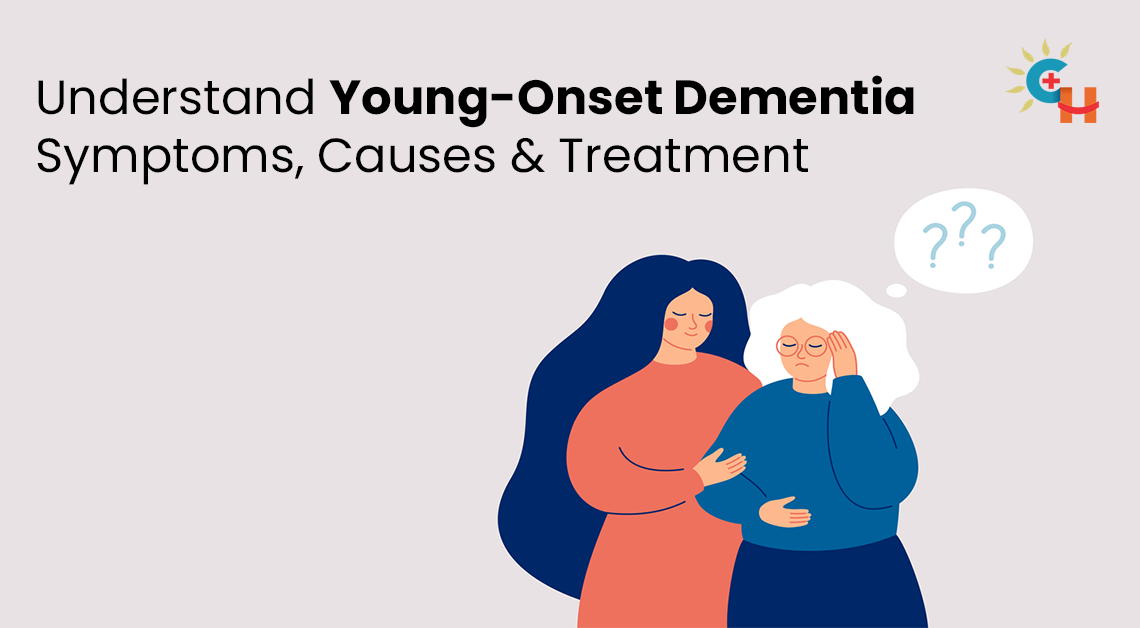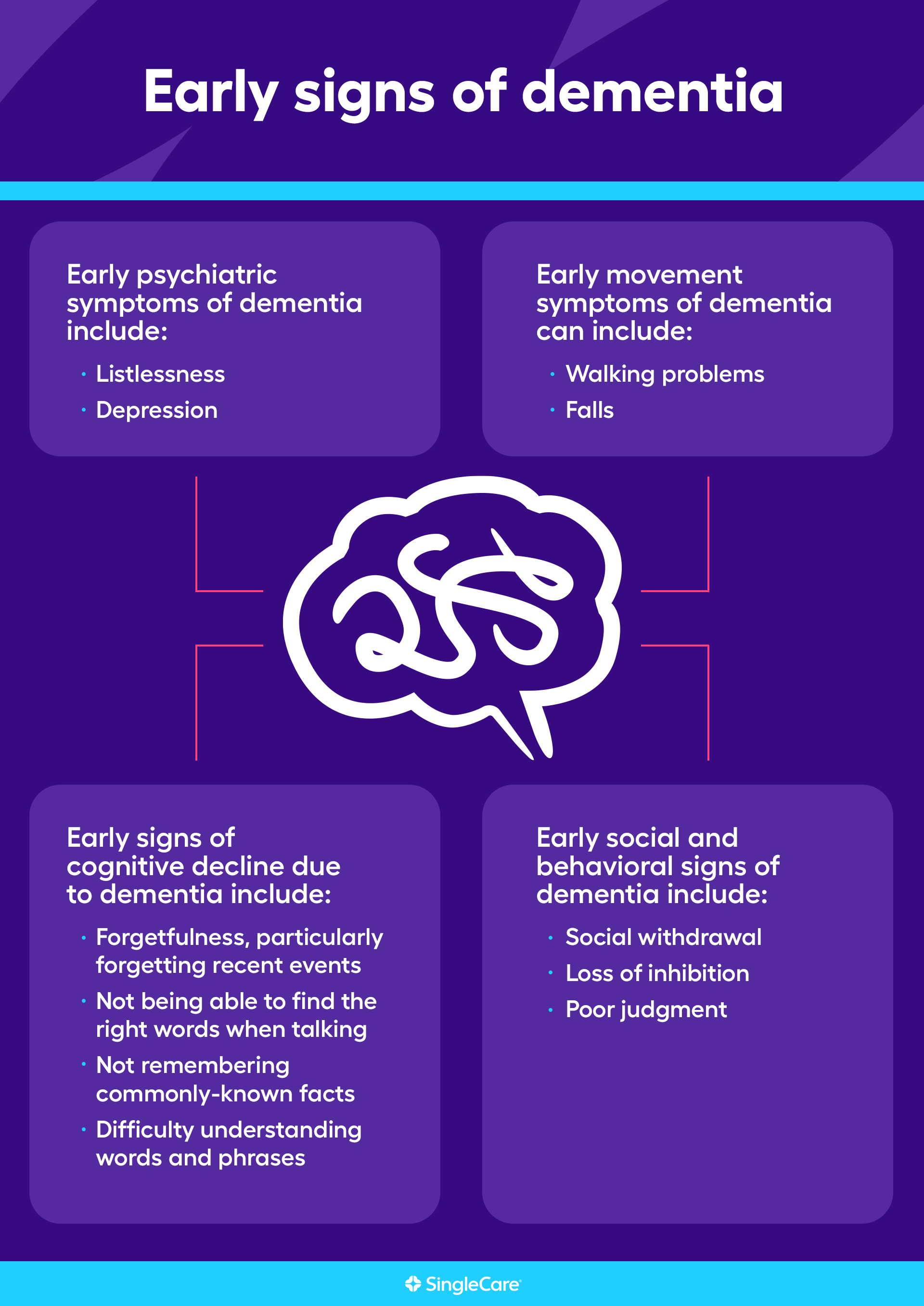Recognizing the Influence of Dementia on Day-to-day Live and Caregiving
Mental deterioration affects life in extensive ways, influencing not just those diagnosed however also their caretakers. As cognitive decline proceeds, you may notice adjustments in communication and regular that difficulty both parties. Recognizing these shifts is essential for keeping dignity and involvement. Just how do you adapt your caregiving approaches to support a person traversing this complex trip? The answers may stun you as we check out the subtleties of this experience.
The Stages of Mental Deterioration and Their Impacts on Daily Life
As you browse the trip of mental deterioration, understanding its stages can considerably affect exactly how you handle everyday life. Dementia usually advances with three primary stages: early, middle, and late.
During the middle phase, you'll experience extra noticeable cognitive decrease. Daily jobs may end up being difficult, and preserving your self-reliance may require adjustments. Utilizing reminders and streamlining your setting can aid.
In the late phase, people commonly need significant aid with day-to-day tasks. Planning for care becomes essential, concentrating on convenience and top quality of life. By recognizing these stages, you're better outfitted to react proactively, ensuring you or your enjoyed one can browse the challenges with self-respect and elegance.

Changes in Communication and Social Communication
Exactly how do modifications in communication affect your day-to-day interactions as mental deterioration advances? As mental deterioration breakthroughs, you might discover that basic conversations become challenging.
You might discover it simpler to connect through these methods rather of relying solely on talked language. Listening abilities can likewise change; you might locate it more challenging to follow discussions or keep in mind what was simply stated (Frontotemporal Dementia). This can lead to misconceptions or feelings of seclusion
Motivating perseverance and producing an encouraging atmosphere can aid. Participating in tasks that foster link, like songs or art, can enhance social communications. Remember, preserving partnerships is still possible; it's almost adapting to new methods of communicating.
Effect on Daily Routines and Activities
While navigating day-to-day regimens, you'll likely notice that tasks you when finished easily come to be a lot more tough as mental deterioration proceeds. You could locate on your own failing to remember actions in acquainted regimens or battling to remember where you put items.
Planning your day can feel overwhelming, making it harder to stick to a schedule. You may require suggestions for consultations or to take drugs. Adjusting your setting can assist; for example, identifying products or using checklists can streamline jobs. Involving in repeated, structured activities can additionally give convenience and a sense of success. Bear in mind, it's alright to request aid. Surrounding yourself with encouraging buddies or family can make managing these modifications a bit easier.
Behavior and emotional Challenges
Guiding through day-to-day routines can bring about not simply useful challenges, however also psychological and behavioral ones. You might observe changes in state of mind, such as increased anxiousness or disappointment, which can stem from confusion or problem in finishing tasks. As you navigate these minutes, it is essential to acknowledge that your enjoyed one may reveal their sensations through behaviors like anxiety or withdrawal.
These psychological responses can be unforeseeable and might arise without caution, leaving you both sensation overwhelmed. You might locate that familiar environments or regimens can help in reducing anxiousness, but preserving perseverance becomes considerable. It is vital to validate their feelings, even if you do not totally understand them.
The Role of Caregivers in Supporting People With Mental Deterioration
As a caretaker, you play an essential duty in giving emotional support for individuals with mental deterioration. Establishing day-to-day care routines can produce a feeling of security and convenience, aiding to reduce their stress and anxiety. By recognizing their demands and using effective strategies, you can significantly improve their lifestyle.
Psychological Assistance Techniques
When looking after someone with dementia, understanding the emotional landscape is vital for supplying reliable assistance. You'll commonly discover that perseverance and compassion go a lengthy method. Verify their feelings; if they express complication or frustration, recognize it without disregarding their feelings. Basic gestures, like holding their hand or preserving eye contact, can create a complacency. Attempt to involve in activities that they enjoy, as this can spark pleasure and link. Keep in mind to communicate clearly and gradually, utilizing a calm tone. Urge expression via music or art, which can work as an effective outlet. Ultimately, do not fail to remember to take care of your very own psychological requirements; looking for support for on your own can improve your ability to look after them.
Daily Treatment Routines
Establishing day-to-day care regimens is vital for giving stability and convenience to individuals with dementia, as these regimens can help in reducing confusion and stress and anxiety. You can begin by describing a regular schedule for dishes, tasks, and rest. This predictability assists your enjoyed one feel much more safe and secure and engaged.
Integrate acquainted tasks, like folding laundry or watering plants, which can stimulate favorable memories and foster a sense of achievement. Usage visual hints, such as schedules or lists, to assist them via the day.
Be adaptable, though; adapt regimens as required based on their mood or energy levels. Frontotemporal Dementia. Keep in mind, your perseverance and understanding are essential in maneuvering their altering needs, ensuring they really feel sustained and valued throughout their life
Creating a Safe and Comfortable Living Environment
Creating a comfortable and safe living environment is vital for individuals with mental deterioration. You'll intend to make home safety and security adjustments that reduce threats and assure knowledge to give a feeling of convenience. By concentrating on these facets, you can aid develop a room that sustains both safety and well-being.
Home Safety Modifications
As you browse the challenges of mental deterioration, making home safety and security adjustments can substantially improve convenience and safety. Tag important locations, such as the bathroom and cooking area, with clear indications to help with positioning. These modifications not only advertise safety yet also motivate freedom, enabling your loved one to feel more at convenience in their environment.
Convenience and Experience
After ensuring a risk-free setting with necessary adjustments, cultivating comfort and familiarity is crucial for individuals with dementia. Begin by individualizing their space. Use familiar colors, decors, and photographs that evoke delighted memories. A preferred covering or chair can give a complacency. Preserve a regular regular to aid them feel based and minimize stress and anxiety. Basic, acquainted meals can also produce a calming environment. Keep pathways clutter-free and clear to stay clear of complication. Include soft illumination, as intense lights can be disorienting. Take into consideration including comforting aromas, like lavender, to advertise leisure. Taking part in acquainted tasks, such as paying attention to songs or horticulture, can improve their sense of belonging, making their living atmosphere a true haven.
Strategies for Reliable Caregiving and Assistance
While navigating the challenges of mental deterioration treatment can feel overwhelming, applying efficient methods can considerably improve both the caretaker's and the individual's daily experience. Beginning by developing a regimen; predictability helps in reducing stress and anxiety for both you and your loved one. Usage clear, easy communication-- direct inquiries and brief sentences can prevent complication.

Don't forget to care for yourself; timetable breaks and get in touch with support system. Sharing experiences with others in similar scenarios can give useful insights and emotional alleviation.
Last but not least, stay individual and flexible. Dementia can bring uncertain modifications, so adapting your approach is essential. By employing these techniques, Early Onset Dementia you can foster an extra positive environment that profits both you and your liked one.
Often Asked Questions

What Are the Different Sorts Of Dementia?
You'll find several sorts of mental deterioration, including Alzheimer's, vascular dementia, Lewy body dementia, and frontotemporal mental deterioration. Each type affects memory and cognitive function differently, so understanding the distinctions is important for proper diagnosis and treatment.
Just How Can I Aid A Person With Early-Stage Mental Deterioration?
You can aid a person with early-stage mental deterioration by holding your horses, using support, and motivating them to participate in activities they take pleasure in. Maintaining routines consistent and keeping open interaction can likewise make a significant difference in their every day life.
Are There Financial Resources Available for Mental Deterioration Treatment?
Yes, there are economic resources readily available for mental deterioration care. You can explore federal government help programs, nonprofit organizations, and insurance policy choices. It's also wise to get in touch with regional agencies for details sources tailored to your scenario.
What Legal Considerations Should Caregivers Be Mindful Of?
As a caregiver, you should take into consideration power of attorney, medical care proxies, and guardianship legislations. It's vital to understand the lawful rights and obligations you hold, ensuring your enjoyed one gets ideal care and security.
Just How Can I Handle Caretaker Anxiety?
You can deal with caretaker anxiety by prioritizing self-care, seeking assistance from groups or good friends, setting sensible expectations, taking breaks, and practicing leisure techniques. Keep in mind, your well-being matters equally as high as the person you're taking care of.
Recognizing the Impact of Mental Deterioration on Daily Life and Caregiving.
As you browse the journey of dementia, recognizing its stages can noticeably influence how you handle day-to-day life.While maneuvering everyday regimens, you'll likely notice that tasks you when finished easily become much more difficult as mental deterioration proceeds.Establishing everyday care regimens is essential for offering stability and convenience to people with mental deterioration, as these regimens can help decrease confusion and stress and anxiety.While steering the obstacles of dementia care can feel overwhelming, executing efficient methods can substantially boost both the caretaker's and the patient's everyday experience.